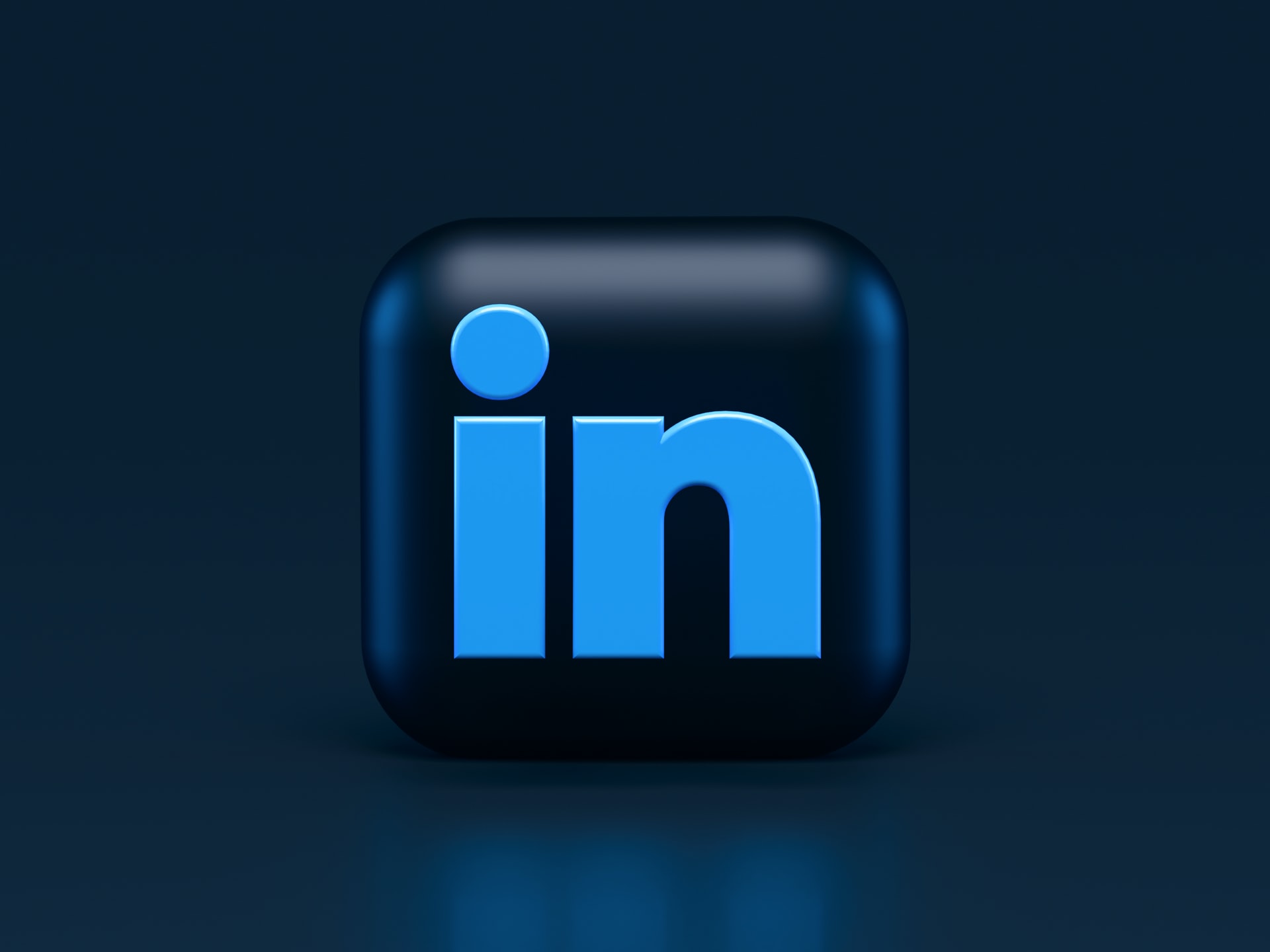Why Hospitality Pros Need LinkedIn
by David Klemt

Contrary to popular opinion, LinkedIn isn’t just for serious and stuffy executives and “corporate” types.
In our view, all hospitality professionals should be building networks on the platform. Nobody in this industry is “just” a restaurant or bar worker—everyone is skilled.
When it comes to hospitality, anyone passionate about their role and interested in moving up is a professional.
Foodservice Jobs are Real Jobs
Just about everybody who works in a restaurant, bar, nightclub, lounge or brewpub faces this disrespectful question:
“When are you going to get a real job?”
One-third of Americans get their start in the workforce with jobs in foodservice. In America, nearly half of adults will work in the industry at some point.
The first job for roughly one-quarter of Canadians is in foodservice.
Some people work in the industry to pay their way towards a degree. Some work in restaurants or bars while they hunt for jobs in their chosen industry. In some cases, people realize hospitality is their calling and they remain in the industry.
The point is, jobs in hospitality are real, skilled jobs. In other words, this is a real job.
Transferrable Skills & Opportunity
The skills hospitality professionals learn are valuable to more than just employers within the industry.
Leadership, teamwork, customer service, conflict resolution, crisis management, sales, marketing… These are just a handful of the skills companies in other sectors seek out and find valuable.
Further, a LinkedIn profile is valuable even if one isn’t looking to change jobs. Just filling one out effectively speaks to another important, transferrable skill: attention to detail. The same goes for building a resume that illustrates an understanding of transferrable skills.
Also, hospitality is, by its nature, a connected and engaging industry. It only makes sense, therefore, that hospitality professionals in all roles should have LinkedIn profiles to connect with one another and people in other industries.
One never knows where the next opportunity will come from.
Stay Informed
Generally speaking, Instagram is great for sharing memes and photos. Twitter…well, Twitter is often described as a chaotic dumpster fire.
Facebook has groups and there are people who present a professional image on the platform. However, LinkedIn is laser-focused on bringing professionals across several industries together.
Because of their approach, LinkedIn helps facilitate conversations about topics related to a vast array of sectors. People who take their careers seriously—whatever they may be—will likely find value in a platform not dominated by photos, memes, and users seeking nothing more than clout.
It’s common for LinkedIn users to share professional advice, company and career wins, and reports loaded with industry data.
Let’s Link
Connect with Doug Radkey, David Klemt and KRG Hospitality on LinkedIn today!
Image: Alexander Shatov on Unsplash
